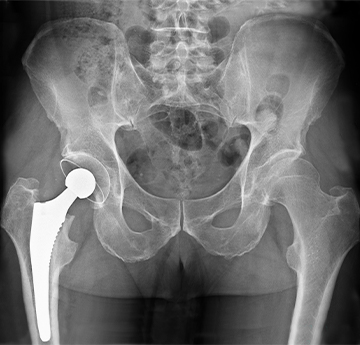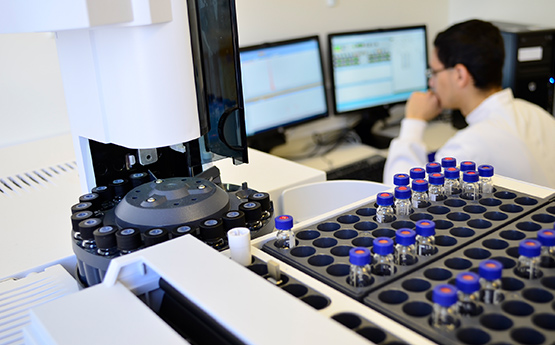Studying effectiveness, organisation and delivery of care
Over 90% of patient contacts in the NHS are in primary, urgent or emergency care, and demand is increasing. We use quantitative and qualitative approaches to research how this part of the healthcare system can be most effective, efficient and sustainable. We collaborate with NHS partners to deliver research responding to real-world challenges – research which is policy- relevant, patient-centred, and has impact. PRIME Centre has received more than £4.8m infrastructure funding.








